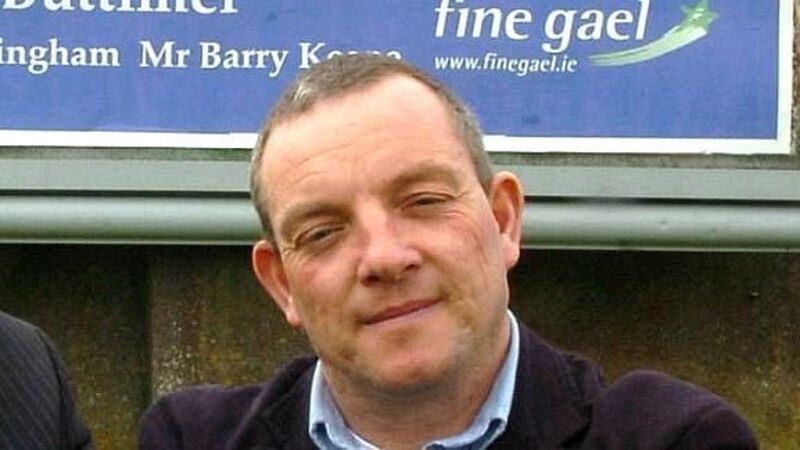Jerry Buttimer:I spoke out for those with no voice

The sequence of events arising from that show on January 11 give rise to serious concerns about how public discourse is conducted, the language we use, the labels we apply to others, and the role of a public service broadcaster in facilitating discussion and debate.
As our national public service broadcaster, RTÉ bears a responsibility to facilitate fair and balanced debate on issues of public importance. Central to this obligation must be an entitlement of those participating in RTÉ broadcasts to voice honestly held opinions and make fair comment. RTÉ must act as a fair arbitrator and stand by the right of people on its platforms to voice honestly held opinions. When RTÉ edits its broadcasts and apologises based on advice “that the legal position was far from clear” — that is quoting from a letter I received this week from the head of broadcast compliance — it acts to undermine its public service remit.
















